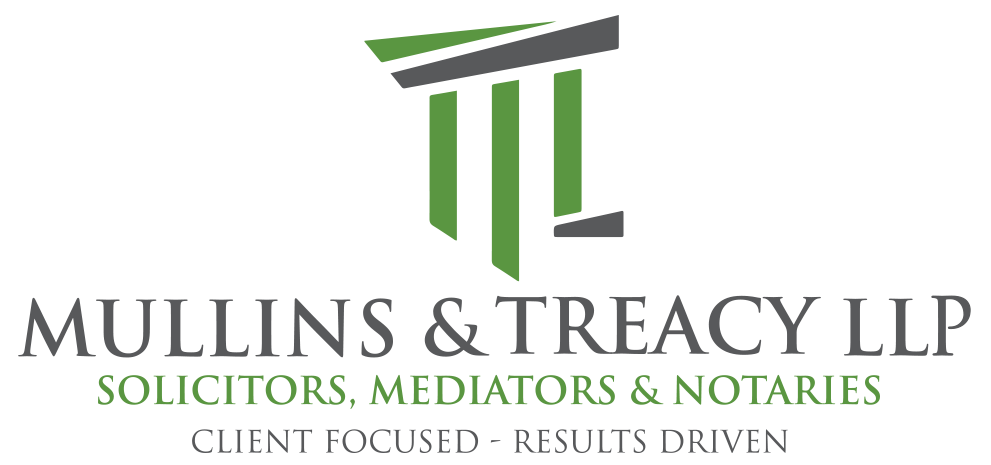Buying a Repossessed Property
Buying a Repossessed Property
You need to be particularly cautious when buying a repossessed property, as the vendor may be exempt from providing the normal guarantees and assurances. This makes the caveat of ‘buyer beware’ more relevant than ever.
What is a repossessed property?
A repossessed property is one that has been taken over by the bank. The original owner has failed to keep up their mortgage payments, and has fallen so far into arrears that they can default no further. The lender therefore takes possession of the property, whether through court proceedings or through a voluntary arrangement. The bank is entitled to do this because the mortgage is a secured loan. This means that if the mortgagor fails to pay back the loan, the lender is entitled to use the asset as collateral to recover their losses.
The original owner will typically vacate the property and hand the keys back to the bank, leaving the property to stand empty. The bank may then instruct a receiver to sell the property on their behalf.
Can you get a good deal on a repossessed property?
People often look for repossessed properties, as they think they’ll be able to get a ‘bargain’. This is sometimes the case, as banks want to dispose of the asset, rather than continue to incur costs. However, the receiver has a duty to get the best possible price. If the asking price is less expensive than other, similar offerings, then it is probably a fair reflection of the property’s value. It is not unusual for distressed properties to stand empty for years on end, which can have an adverse effect on its condition.
That is why you need to be very careful when buying a repossessed property. You might think that you are making considerable savings. But in actual fact, there could be significant hidden costs that you haven’t factored into the equation.
What hidden costs?
Although every situation is different, it is common for distressed properties to have fallen into a state of disrepair. The original owner could not afford their mortgage repayments. As such, it stands to reason that they could not afford to maintain the property either. Certain fixtures and fittings may also have been sold to cover their increasingly desperate financial situation. Once the property is vacated, the utilities will be switched off and the property will be abandoned, left to crumble even further.
Banks are often slow to act, meaning the property may be left to deteriorate for a long time. The property may require extensive repairs and maintenance to make it habitable once again. You may also incur sizable reconnection fees, when you come to turn the utilities back on.
Buyer beware
Then there is the issue of ‘buyer beware’. All property in Ireland is sold with the caveat of buyer beware or ‘caveat emptor’. This means that sellers do not have to disclose defects; rather, it is the buyer’s responsibility to uncover any potential issues.
However, with ‘ordinary’ transactions, the seller does have to reveal details of disputes, such as neighbour disputes. The seller must also provide assurances that the property is compliant with planning/building regulations, and confirm the property boundary. The buyer is permitted to raise queries, which the vendor must answer truthfully. But where a property has been repossessed, the receiver will not have the necessary knowledge to answer these queries. The contract will therefore seek to exclude the vendor from these duties.
Due diligence checks
This places even greater emphasis on the buyer’s due diligence checks. As the buyer, you will not be given assurances that the property complies with certain regulations. Nor can you know the history of the property, such as whether there are any long-standing disputes or problems. This means you assume a much greater risk when buying a distressed property.
To counter these risks, you must instruct an experienced property solicitor – such as the solicitors here at Mullins & Treacy. We know how to limit the dangers associated with repossessed properties. We can carry out extensive searches, surveys and checks. This ensures you know exactly what you are buying.
It is extremely important that you take these extra steps, or the property could fall short of your expectations. Depending on the situation, you may have to plough a lot of money into the property, or you may subsequently struggle to sell. Either way, it could become a financial burden that you would ordinarily have avoided, had you uncovered the defects sooner.
Property solicitors Ireland
Buying a repossessed property can be an excellent opportunity, but only with the right approach. Due to the increased risks, greater caution is needed. We understand this all too well and will be happy to guide you through the conveyancing process, taking care to protect your best interests at all times. We are client focused and results driven.
Call us on 051 391 488 or email reception@mullinstreacy.ie for a free no obligation enquiry.
Before you go…
We don’t just do Probate and Powers of Attorney! We can also help you with:
Property Transactions
Personal Injury
Medical Negligence
Wills
Powers of Attorney
Family Law


